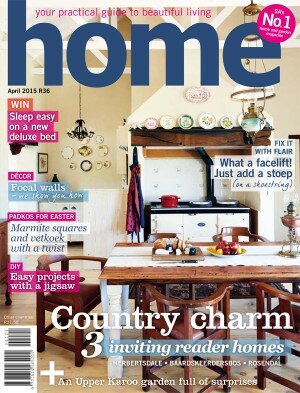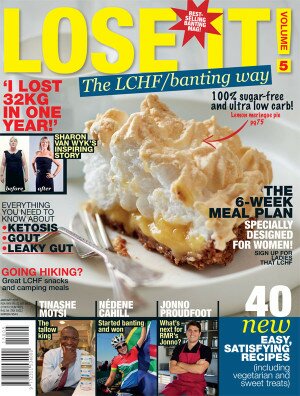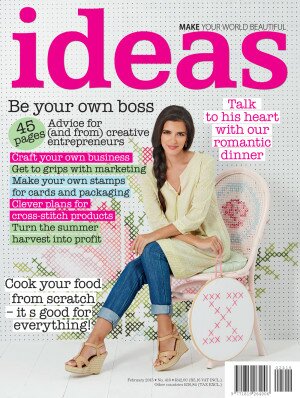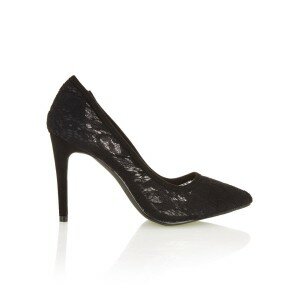-
Ace your interview
18 April 2014
Some questions always come up in interviews, so sit down and think about how you would respond:
Tell me about yourself.
This seems simple enough, but it’s aimed at showing how articulate you are, and how you present yourself. Beware of boring them with irrelevant information (rambling on about your three cats and the outfits you knit for them) or divulging personal details that could influence their decision, such as telling an interviewer that you hardly get any sleep now that you have three toddlers. Rather focus on achievements and work experiences.Why do you want to work for us?
This is your opportunity to show that you’ve done your research about the company and to display enthusiasm for the job.What are your strengths?
Instead of talking about your great tennis serve, relate the attribute to the job, and give an example of how it has helped you in your career.What are your weaknesses?
This is a tricky one – be honest, but don’t shoot yourself in the foot. Ideally, talk about weaknesses that are irrelevant to the job, or explain how you’re working to overcome them.Where do you see yourself in five years?
Show that you’ve done some self-assessment and career planning, that you want to grow in the role you are applying for, and that your expectations are realistic.Please give me an example of how you’ve handled (a difficult situation at work).
Coming up with examples on the spot can be tough. Before the interview, take some time to sit and think about (jot them down if you have to) specific instances at work where you showed creativity, overcame challenges, dealt with conflict and handled responsibility. Using a story to illustrate your point makes it more memorable – just make sure it sends the right message.Why are you leaving your current job?
Don’t burn your bridges! And bad-mouthing your current employer will only cast you in a negative light. Be honest, but respectful.What adjectives best describe you?
Think carefully about the attributes you want to highlight.What do you do to relax?
They are looking for evidence that you are well rounded – talk about your hobbies and intellectual pursuits.Do you have any questions for us?
Prepare at least three questions beforehand, but don’t plough ahead if they’ve been answered during the interview, and don’t ask questions that you could easily have answered if you’d done some research. If you’re stuck, say: ‘I was interested in what you were saying about [aspect of the job or specific task that you’ll be handling], can you tell me more about that?’ Avoid asking questions about sick leave, days off, salary, dress code or hours.Source: Fairlady













